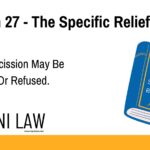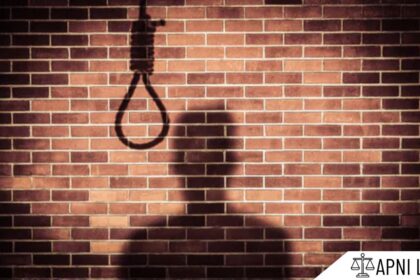The Jammu & Kashmir and Ladakh High Court has clarified that Special Courts under the POCSO Act can determine not only the accused’s age but also the victim’s age. Justice Sanjay Dhar emphasized this power while sending a case back to the trial court for a fresh inquiry into the prosecutrix’s age.
Case Background
The case originated from a 2019 FIR where a young woman accused Tsewang Thinles, President of the Ladakh Buddhist Association, of sexually assaulting her multiple times. She alleged the abuse happened at her home and Thinles’ office. Vulnerable and caring for her ill mother, she had approached Thinles for help.
An FIR was registered under Sections 354, 354-A RPC, and Sections 9(l)/10 of the POCSO Act. Thinles initially absconded during the investigation. Although he was granted anticipatory bail, the trial court later canceled it. The cancellation was based on a school certificate suggesting the victim was under 18 at the time of the offence.
Petitioner’s Stance
Thinles challenged the trial court’s age determination. He cited a 2005 police charge sheet listing the prosecutrix’s age differently, claiming she was above 18 during the incidents. Apart from bail, he contested the trial court’s reliance on a school certificate without thorough verification.
Court’s Ruling
Justice Dhar examined Section 34 of the POCSO Act. He concluded that Special Courts can decide the age of both victims and offenders. The Court noted that Section 34(2) allows age determination at any stage, bail, inquiry, or trial.
The Court referred to the Manipur High Court’s decision in Longjam Pinky Singh v. State of Manipur, which held that the victim’s age can be determined under Section 34(2) before framing charges. It also cited the Supreme Court’s ruling in P. Yuvaprakash v. State, stressing that age disputes must follow Section 94 of the Juvenile Justice Act. This section prioritizes school or matriculation certificates, birth certificates, and lastly medical tests.
Justice Dhar criticized the trial court for relying solely on a school certificate from Jawahar Navodaya Vidyalaya, Leh, without summoning the original records or examining school staff. He pointed out that verifying the authenticity of the certificate was crucial before concluding the victim’s age.
Although the petitioner highlighted a 2005 entry suggesting a different birth year, Justice Dhar found that entry unreliable but reiterated the need for proper certificate verification.
Final Verdict
The High Court dismissed Thinles’ bail plea. It cited serious allegations, his position of power, and the risk of justice being derailed. The Court remarked that even if the victim was near 18, Thinles, aged around 50, allegedly exploited a desperate girl, making the case more serious.
The Court set aside the previous age determination order. It directed the trial court to conduct a fresh inquiry by summoning school records and witnesses. Thinles was allowed to file a new bail plea after the victim’s statement was recorded during the trial.








